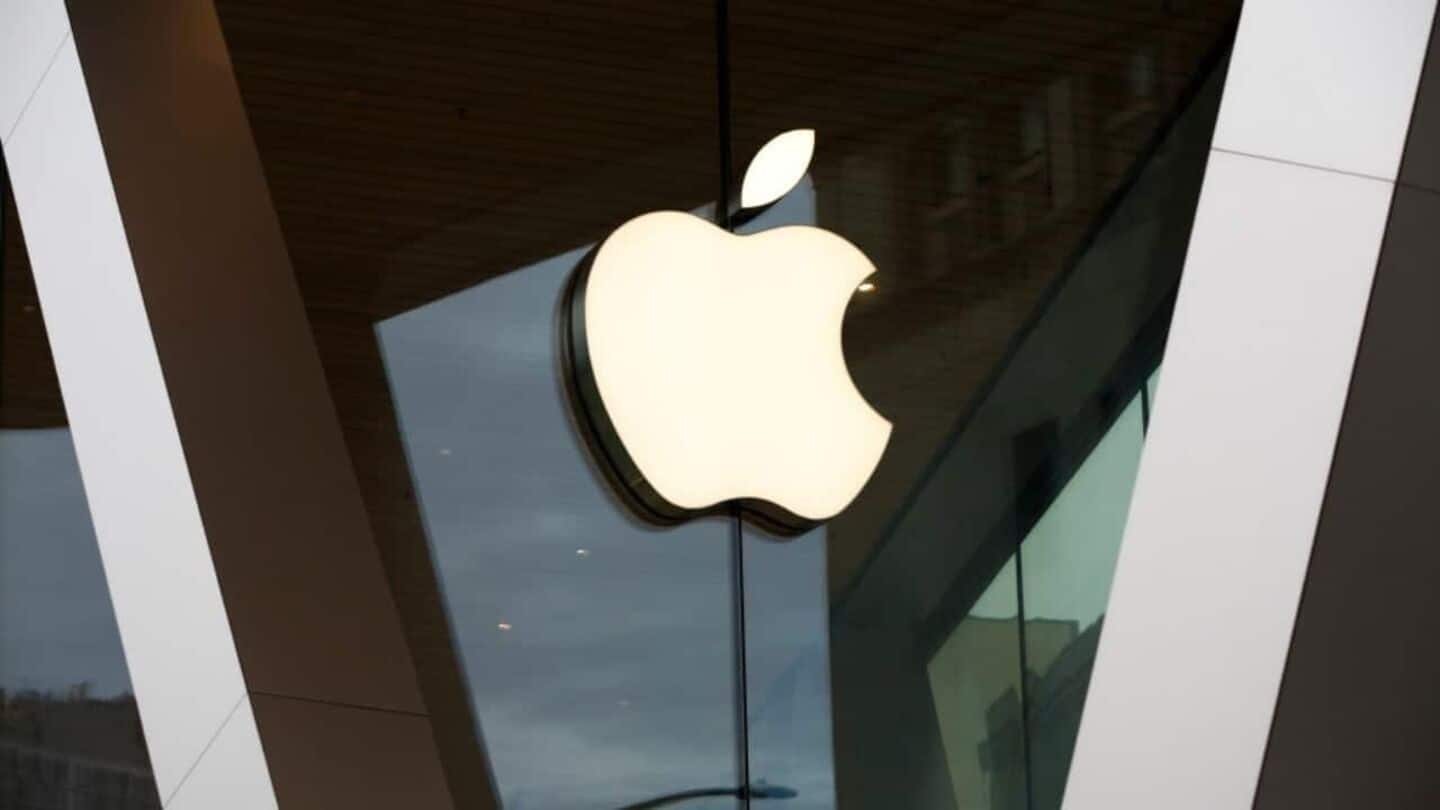
How Trump's new tariffs could hurt Apple and Amazon
What's the story
US President Donald Trump has announced tariffs that have sent ripples through Wall Street and Silicon Valley.
The new tariff regime includes a universal 10% levy on all imports, with significantly higher duties for countries such as China, India, and Vietnam.
This move poses potential challenges for major US companies like Apple and Amazon that heavily rely on overseas manufacturing.
Market reaction
Impact on tech giants and retailers
The new rules have led to a 54% reciprocal tariff on China, including the current 20%.
Taiwan is facing a 32% tariff while Vietnam and India are slapped with 46% and 26% tariffs, respectively.
Tech analyst Daniel Ives described this escalation as "worse than the worst case" scenario.
Following the announcement, NASDAQ futures fell by 4%, while shares of Apple and Amazon dropped by 7% and 6% respectively in after-hours trading.
No comment
Apple's silence on potential exemptions
Apple, which imports around 50 million iPhones from China to the US every year, declined to comment on whether it would seek exemptions from these tariffs.
Despite pledging a significant investment in the US earlier this year, Apple didn't get any exemption.
Similarly, Amazon, which heavily relies on Chinese products for its warehouses, also bore the brunt of these new tariffs.
Market impact
NVIDIA and Tesla's stock prices tumble
NVIDIA's shares fell over 5% amid fears of its reliance on Taiwan Semiconductor Manufacturing Company (TSMC) for chip manufacturing.
Meanwhile, Tesla's stock dropped 8% over fears that a 25% tariff on all foreign-made cars and components could affect its supply chain and invite foreign retaliation.
These developments highlight the far-reaching impact of Trump's new tariffs on major companies.
Tariff impact
Retailers and their shift in sourcing
Major retailers such as Walmart and Target also saw their stocks tumble by 7% and over 5% respectively, after Trump's announcement.
These companies had begun diversifying away from China after the first wave of tariffs but still rely on global networks impacted by this wider trade crackdown.
Executives at Home Depot and Target reported shifts in sourcing to Mexico, Southeast Asia, Guatemala, and Honduras due to these changes.
Consumer impact
Retail Industry Leaders Association's warning
The Retail Industry Leaders Association, which represents companies such as Target, has warned that these measures could backfire by increasing consumer costs and jeopardizing American jobs.
The Consumer Brands Association which includes Kraft Heinz, Mondelez and PepsiCo is now seeking tariff exemptions on "critical ingredients" used in food manufacturing.
Despite lobbying efforts for exemptions, the White House confirmed that Apple and other major companies weren't granted any exceptions from these new tariffs.